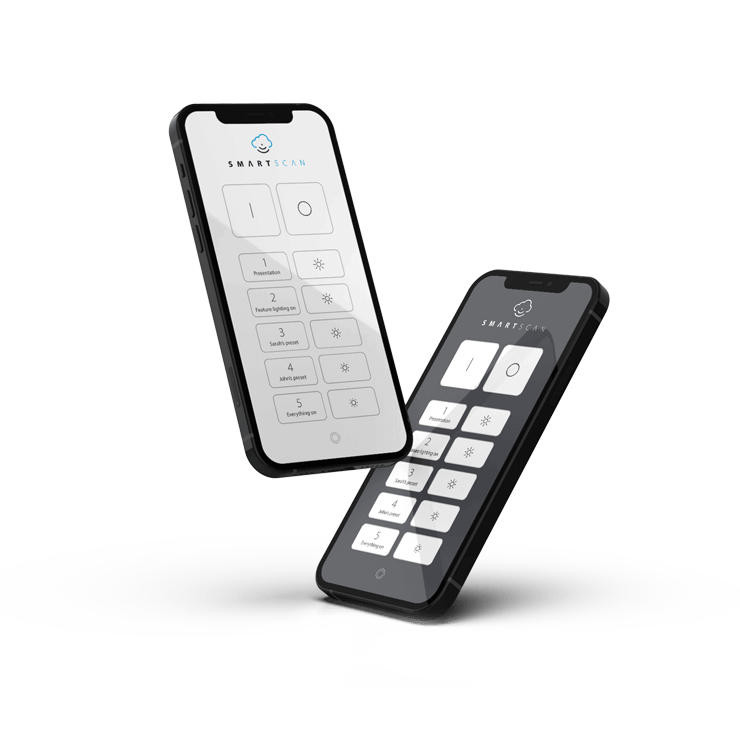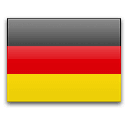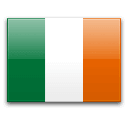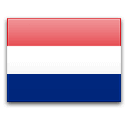WIRELESS LIGHTING MANAGEMENT SYSTEM
SmartScan is a revolutionary wireless lighting management system that maximises energy savings and automates emergency lighting testing and record keeping.
The system allows users to monitor their energy performance data and complete operational information for all SmartScan standard and emergency luminaires.
Information is displayed on the SmartScan Website which can be accessed from anywhere using a computer, laptop, tablet or smartphone. The clear graphical user interface provides an overview of the whole site, through to the performance and operation of an individual luminaire.
Her Majesty Queen Elizabeth II selected Thorlux Lighting as a winner of the Queen’s Award for Enterprise: Innovation, for the SmartScan lighting management system.
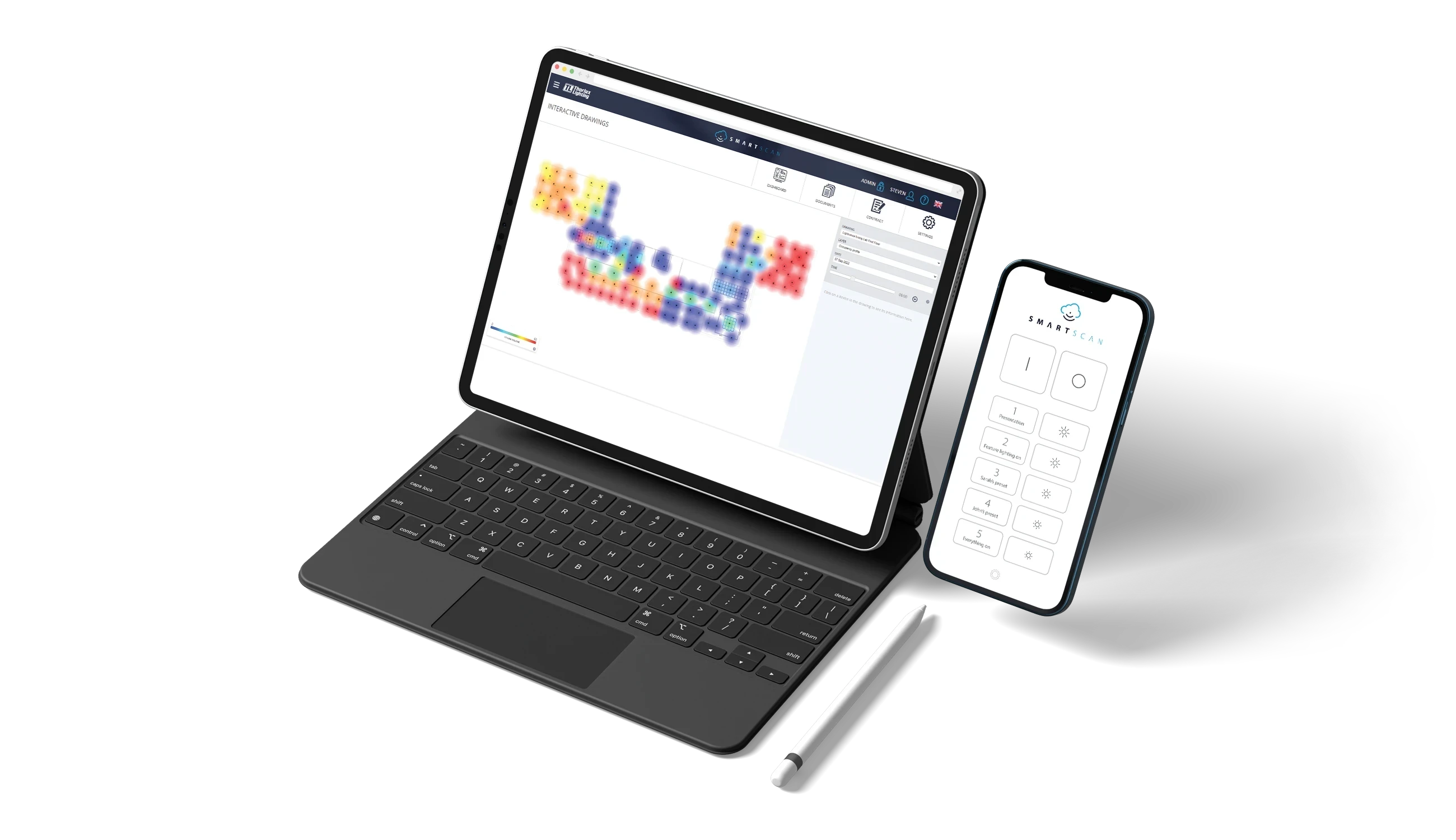

Overview


Integrated intelligent lighting management maximising energy savings for internal applications through movement detection and daylight sensing with convenient user control.
Integrated intelligent lighting management maximising energy savings for external applications through movement detection and daylight switching with timed override via the SmartScan Website.
Self-testing emergency luminaires with centralised, web-based testing and reporting options to ensure compliance with local standards.
Overview
SmartScan is available in two platforms

PLATFORM 1
Luminaires operate on a stand-alone basis;
SmartScan luminaires link wirelessly in groups for presence detection and scene setting. Energy performance data and operational status information can be retrieved using the SmartScan Programmer.
Projects initially installed to Platform 1 can easily be upgraded later to Platform 2 by installing a SmartScan Gateway.

PLATFORM 2
The same luminaires are also very simply wirelessly linked into a Gateway which collects and transmits their energy performance data and complete operational information, for all SmartScan standard and emergency luminaires, to the World Wide Web for viewing using tablets, smart-phones, laptops and computers.
The SmartScan Gateway simply requires a 230V mains supply to operate as all communication is via a secure MQTT GSM connection.

Features
Control






Emergency



Monitoring





Well-being


System




Control
Control
Daylight dimming
When daylight enters a room the SmartScan lighting management system will take this light into account and gradually dim the luminaires, saving energy whilst maintaining the required light level. As daylight increases, luminaire output decreases, minimising energy usage.
A light sensor in every luminaire controls the output to suit local ambient conditions. To meet the needs of individual users, or the requirements for the space, each luminaire’s factory default settings can be altered using the SmartScan Programmer. Each luminaire measures the ambient light in its immediate surroundings and adjust its light output accordingly. This provides good uniformity across the working plane and maximises energy savings where the natural daylight ingress is varied across the area. In the event of excess natural light for more than 10 minutes, the individual luminaire will turn off, saving further energy and prolonging LED life.
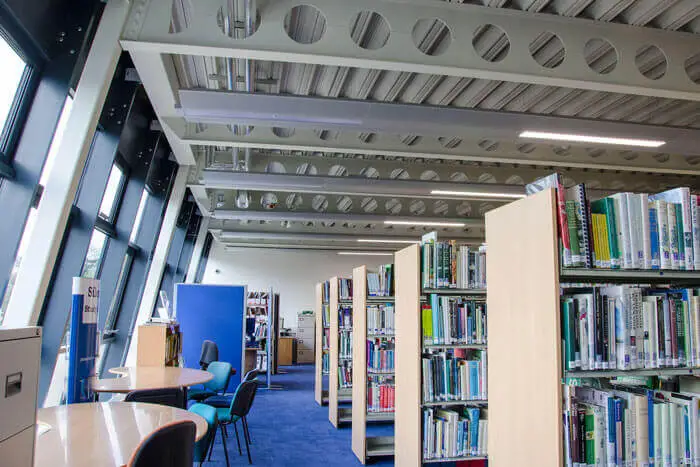
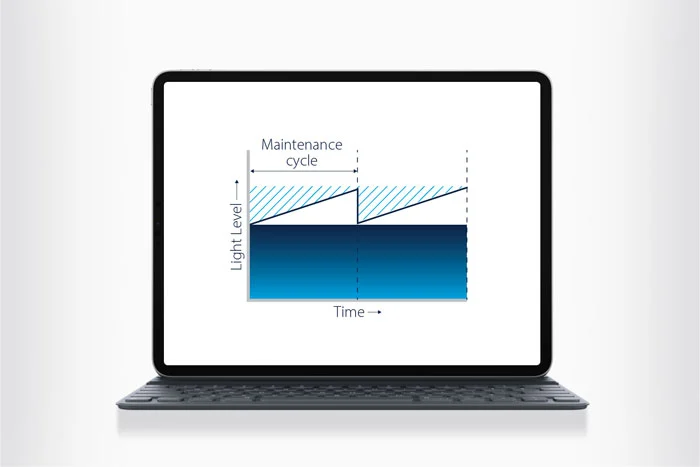
Control
Maintained illuminance
The accumulation of dirt and lumen depreciation lead to a reduction in lumen output throughout the lifecycle of the luminaire, uncontrolled schemes are initially overlit to compensate for this, resulting in excessive energy consumption over the maintenance cycle. By dimming luminaires to the necessary lighting level to preventing overlighting the SmartScan lighting management system maximises energy savings.
This initial lighting level is sustained throughout the maintenance cycle by gradually increasing power, thereby maintaining the correct lumen output.
Control
Photocell control
SmartScan External incorporates an ambient light sensor which will enable at dusk and disable at dawn. The luminaire will remain off until movement is detected.
Ambient light level switching can be adjusted using the SmartScan Programmer. Timed override control is also available via the SmartScan Website.
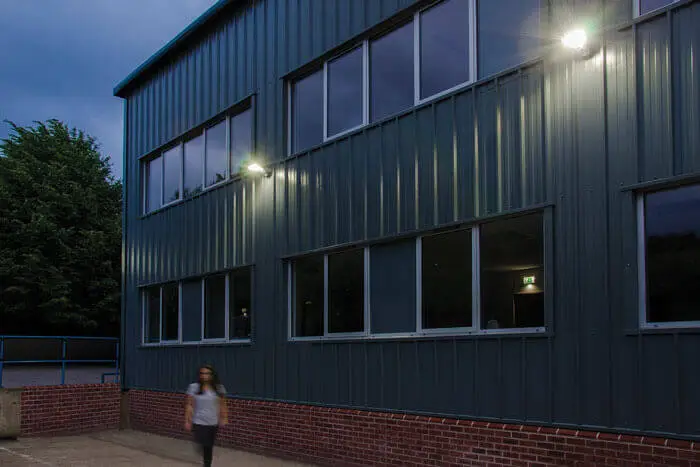
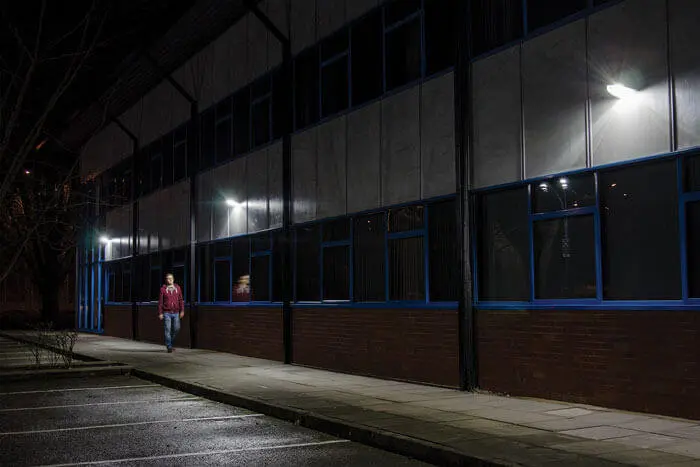
Control
Presence detection
Passive Infra-Red (PIR) sensors are used to detect movement to turn the luminaires on. After a predetermined time of no movement the luminaires will dim down or turn off, saving energy. SmartScan sensors can be programmed for absence mode whereby the luminaires are not initially turned on automatically by movement, but manually by the user with a switch; the PIR will then monitor movement to turn the luminaires off automatically after a pre-determined time.
Control
Manual control and scene control
Scene control provides tailored switching and dimming of luminaires to suit the specific requirements of the space at that time. For example, if using a projector in a meeting room it may be desirable to turn off the luminaires closest to the screen for extra clarity; other luminaires within the space may then be set to a pre-set lighting level and may be set to ignore automatic settings.
Manual control of lighting may be required, either to provide a dimming option as well as switching, or to override automatic settings should the need arise. In its simplest form manual control offers the ability to switch the luminaires on or off by switching the live supply. As luminaires become more intelligent, the variety of manual control options also increase.
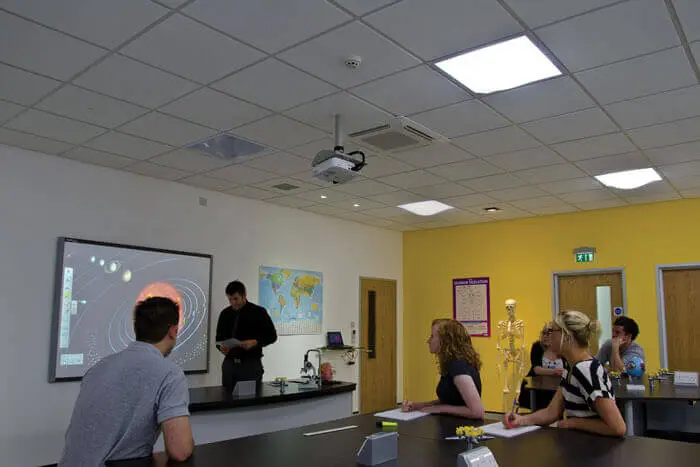
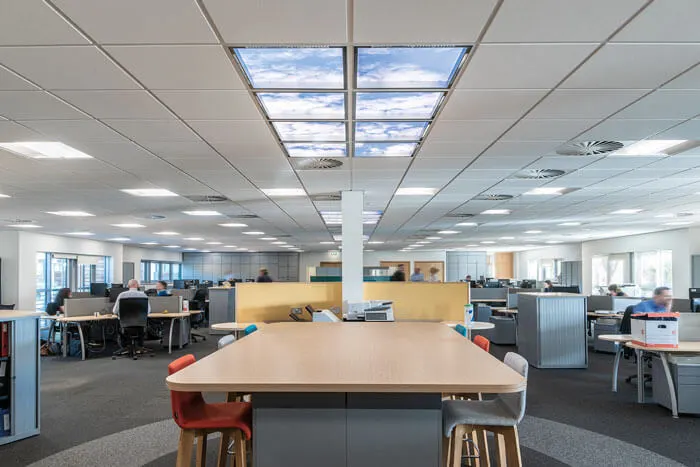
Control
Secondary luminaires
Feature and accent lighting often consists of low power, directional luminaires that are used to highlight features or break up a space. These luminaires are generally not suited to integral controls but can be integrated into the SmartScan system by utilising the SmartScan Hub or SmartScan Stand-alone Sensors.
Emergency
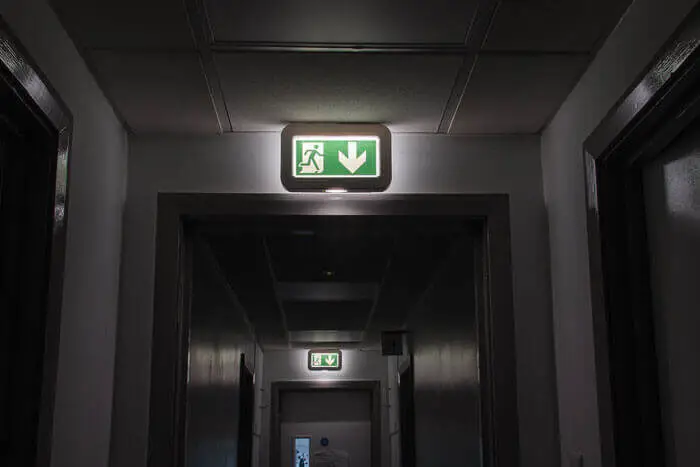
Emergency
Self Testing Emergency
A Thorlux SmartScan emergency luminaire will automatically test to the specified schedule, and constantly monitor its own performance in accordance with BS EN 62034:2012. Any fault is displayed on the status indicator LED and the SmartScan Website eliminating the need to perform manual diagnostic routines.
The full-duration commissioning test is automatically performed after 24 hours of uninterrupted connection to the mains supply. Thereafter it will automatically carry out scheduled testing which comprises of twelve tests each year - eleven monthly short function tests and one full duration test.
Emergency
Test schedule
A Thorlux SmartScan Platform 2 system offers the major benefit that tests are scheduled using the SmartScan Website, thus avoiding any issue of randomised testing occurring at inopportune times. The duration test month can be selected to suit maintenance work schedules and tests can be staggered to avoid any health and safety issues.
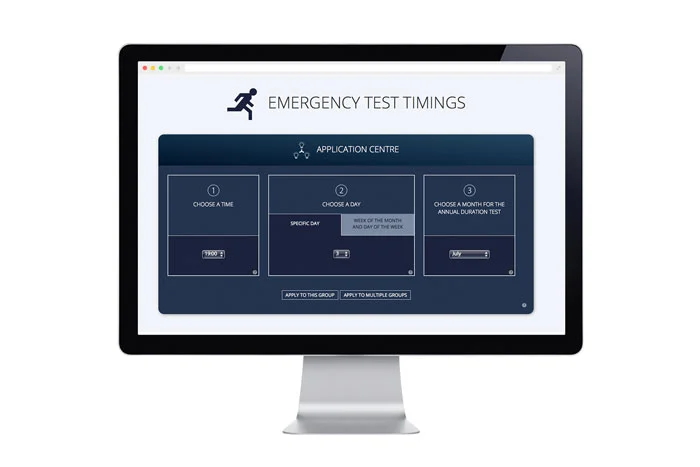
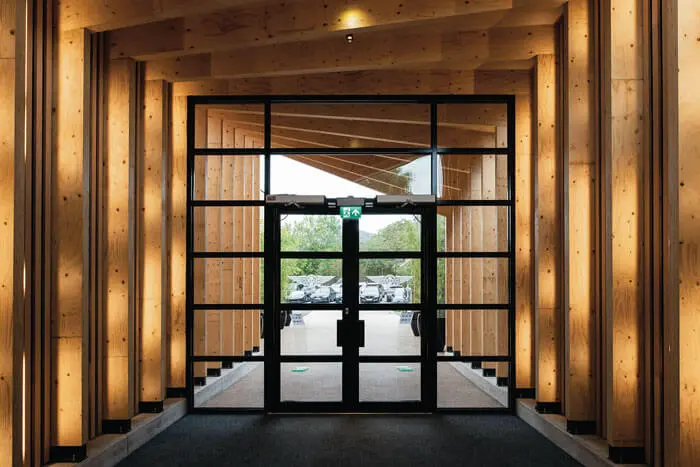
Emergency
Legislation compliance
Building owners, employers or responsible persons are legally bound to record the regular testing, inspection and maintenance of their emergency lighting system. A SmartScan emergency luminaire will automatically test itself to the specified schedule, and constantly monitor its own performance. All status reports are stored electronically on the SmartScan web server and email notification of status is transmitted to authorised users on a monthly basis.
Monitoring
Monitoring
Luminaire status monitoring
The SmartScan Gateway provides daily uploads of the system status to the website. Secure access allows the user to view full luminaire status of the whole installation, individual groups of luminaires or individual control gear items within a luminaire.
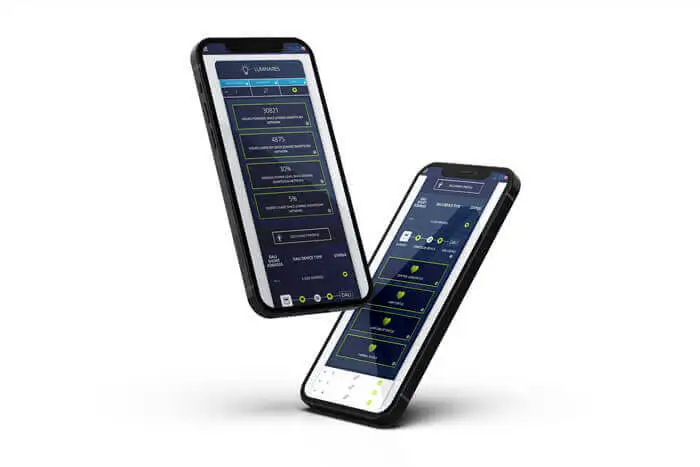
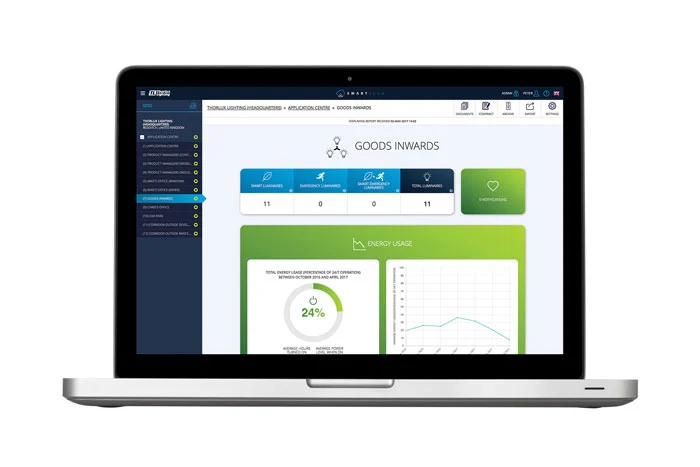
Monitoring
Energy usage monitoring
Daily energy usage measurements are available for the entire installation, each room and each luminaire. Data is displayed in kWh, cost and subsequent CO₂ values. For retrofit projects where the previous energy consumption of the lighting is known the system will also show a running total of savings made.
Monitoring
Occupancy profiling
Buildings are an expensive resource, both to construct and to maintain, and it is therefore essential that they are used efficiently. Consequently, building and facilities managers need to understand clearly how their rooms and spaces are being utilised. This may be, for example, to monitor the usage of teaching spaces, meeting rooms, or the frequency of access to aisles in a large warehouse.
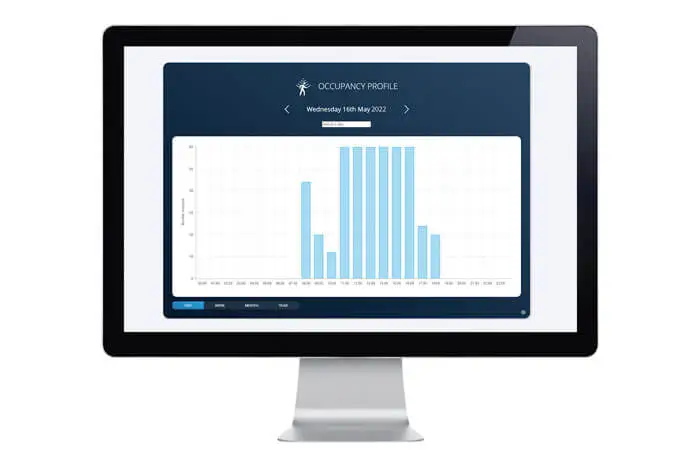
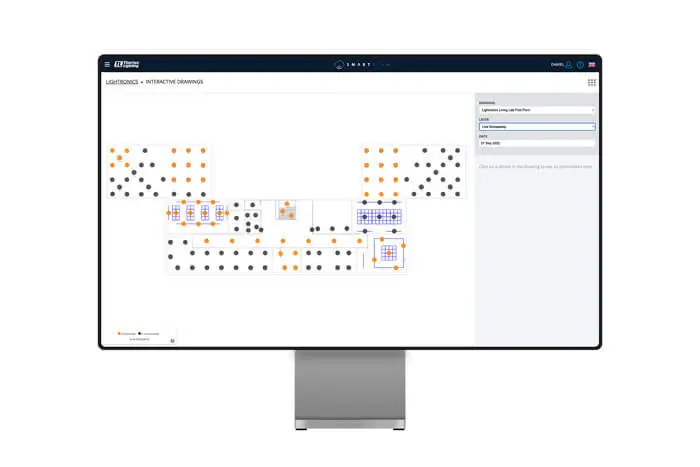
Monitoring
Live occupancy
In certain applications live occupancy profiling may be required. For example, a room coordinator may need to know whether the board, conference or meeting rooms are occupied or vacant. SmartScan Live Occupancy Profiling allows any number of groups of luminaires to be monitored in real time, with live occupancy status displayed via the interactive drawing on the SmartScan Website. The system monitors occupancy signals on the SmartScan mesh network and updates the status display instantly.
Monitoring
Interactive drawings
SmartScan Interactive Drawings provide a simple and effective method of viewing system information. Each dataset is shown as a layer allowing the user to zoom in or out as needed. The user can look at data for the whole building, or focus attention on a single room or individual luminaire.
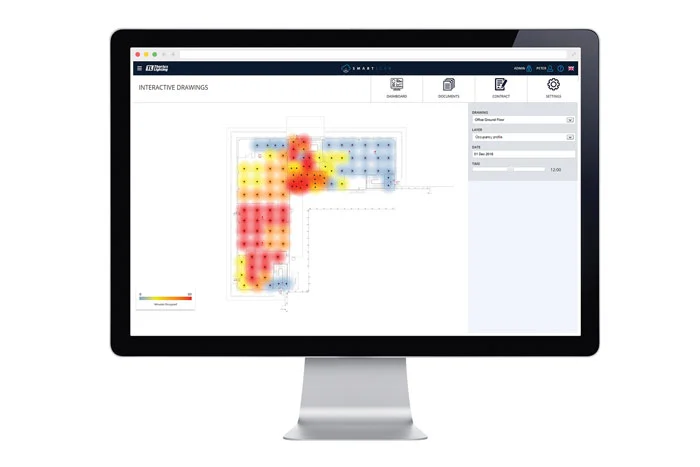
Well-being
Well-being
ColourActive
Thorlux ColourActive high performance LED luminaires incorporate dual populated PCBs where LEDs with two different colour temperatures (3000K and 6500K) are combined. The Thorlux designed and manufactured technology utilises twin lighting circuits within each luminaire to vary the output to produce colour temperatures of either 3000K, 6500K or any value in between. High quality medium power LEDs, placed on a circuit board with integral heat sinking, provide a highly efficient solution.
SmartScan wireless mesh network technology provides signals to control the ColourActive luminaires to provide both manual and automatic control of colour temperature. The ColourActive Gateway communicates with the luminaires throughout the day, providing automatic, seamless transitions between colour temperatures. Manual control is provided by a range of wall mounted touch sensitive plates and smartphone app.
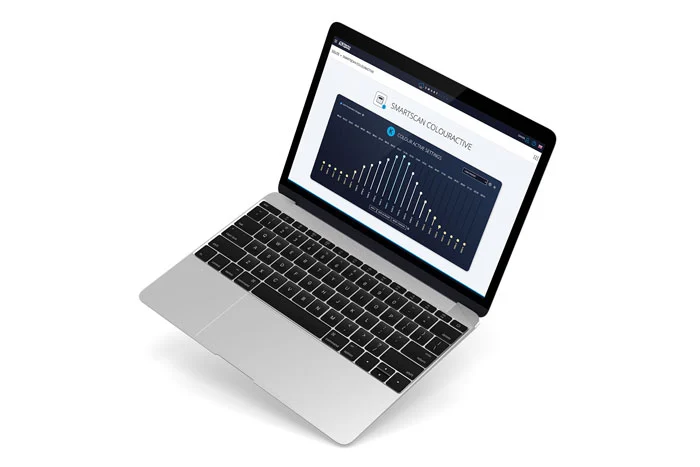
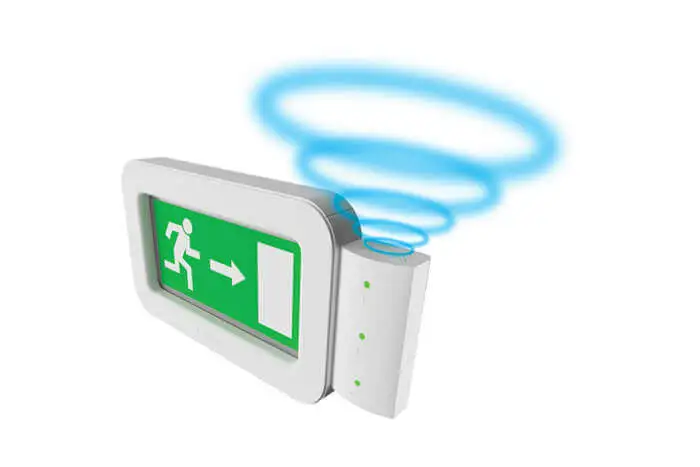
Well-being
Air quality sensing
Each day air quality data (temperature, humidity and CO₂) is gathered by the SmartScan Gateway from every SmartScan Air Quality Sensor and included in the Gateway’s status upload to the SmartScan website.
Authorised users can then view the air quality profiles as an annual, monthly, weekly or daily report. This data is available for groups and/or individual sensors.
System
System
Installation
Each SmartScan luminaire simply requires a mains 230V supply and no network connections are required. Installation could not be easier!
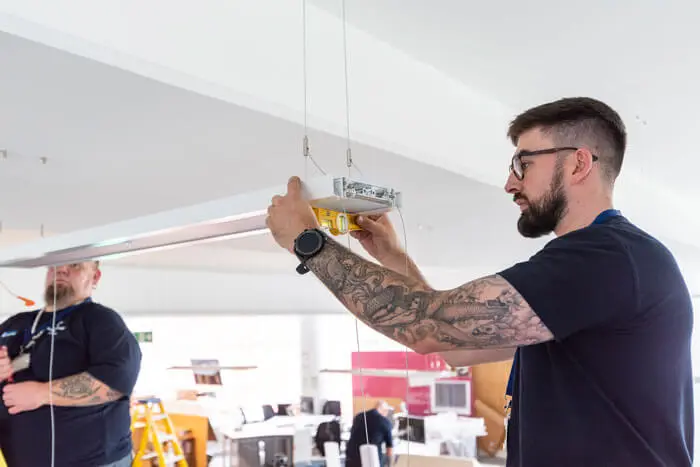
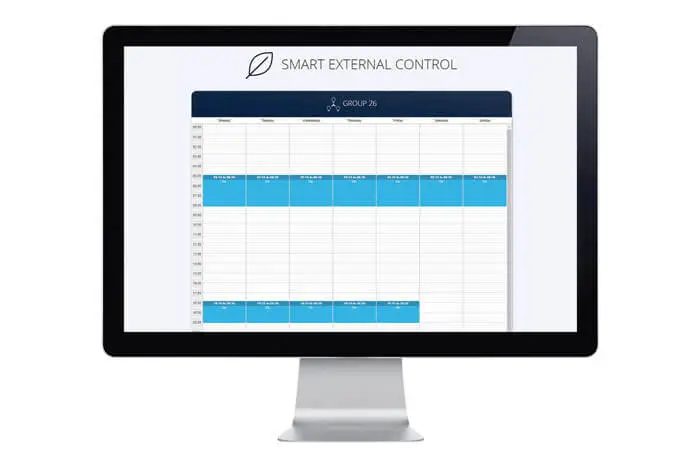
System
Lighting time control
External lighting can be used in a number of ways, so flexibility of control is required. SmartScan External groups can be configured in three ways: presence detector control (default setting), ON between set times or OFF between set times. In all three scenarios, the integral light sensor ensures luminaires are OFF if there is sufficient daylight.
System
Device management
Users can change luminaire parameters via the SmartScan Website. This includes configuration of switching groups, presence detection time delays, photocell operation and scene setting operation. Eliminating the need for programming locally, this feature provides a powerful tool for building managers, simplifying customisation of the SmartScan lighting management system. A seven-day calendar allows users to select different system settings according to day and time, tailoring system control to suit operational requirements.
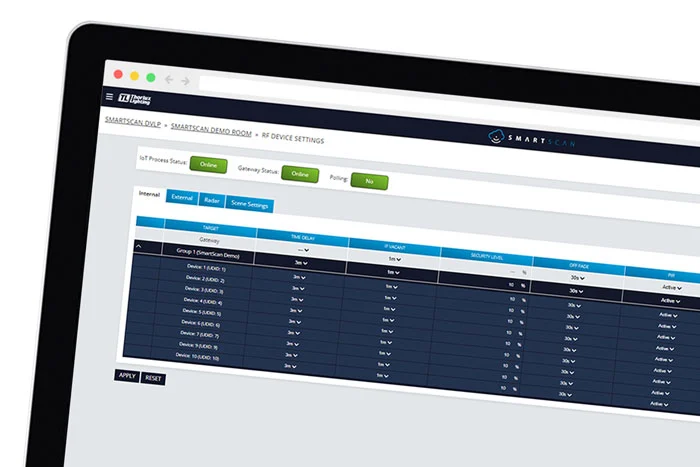
System
System security


SmartScan luminaires
An operational frequency of 868MHz (922MHz in Australasia) provides excellent transmission distances and better penetration of signals.

Your device
The SmartScan Website uses the very latest encryption protocol (TLS 1.3) for secure and reliable transfer of data between computer devices. The website has passed a full penetration test and an attestation letter is available upon request. Full penetration tests are repeated annually.

SmartScan Gateway
The IoT Gateway connects to Amazon Web Services using X.509 certificates over a secure TLS (Transport Layer Security) connection via mobile GSM networks or an optional LAN connection.

SmartScan web services
All data is hosted on servers located within the UK with Linode, certified to ISO 27001, ISO 27017, ISO 27018 and ISO 27701.

Components
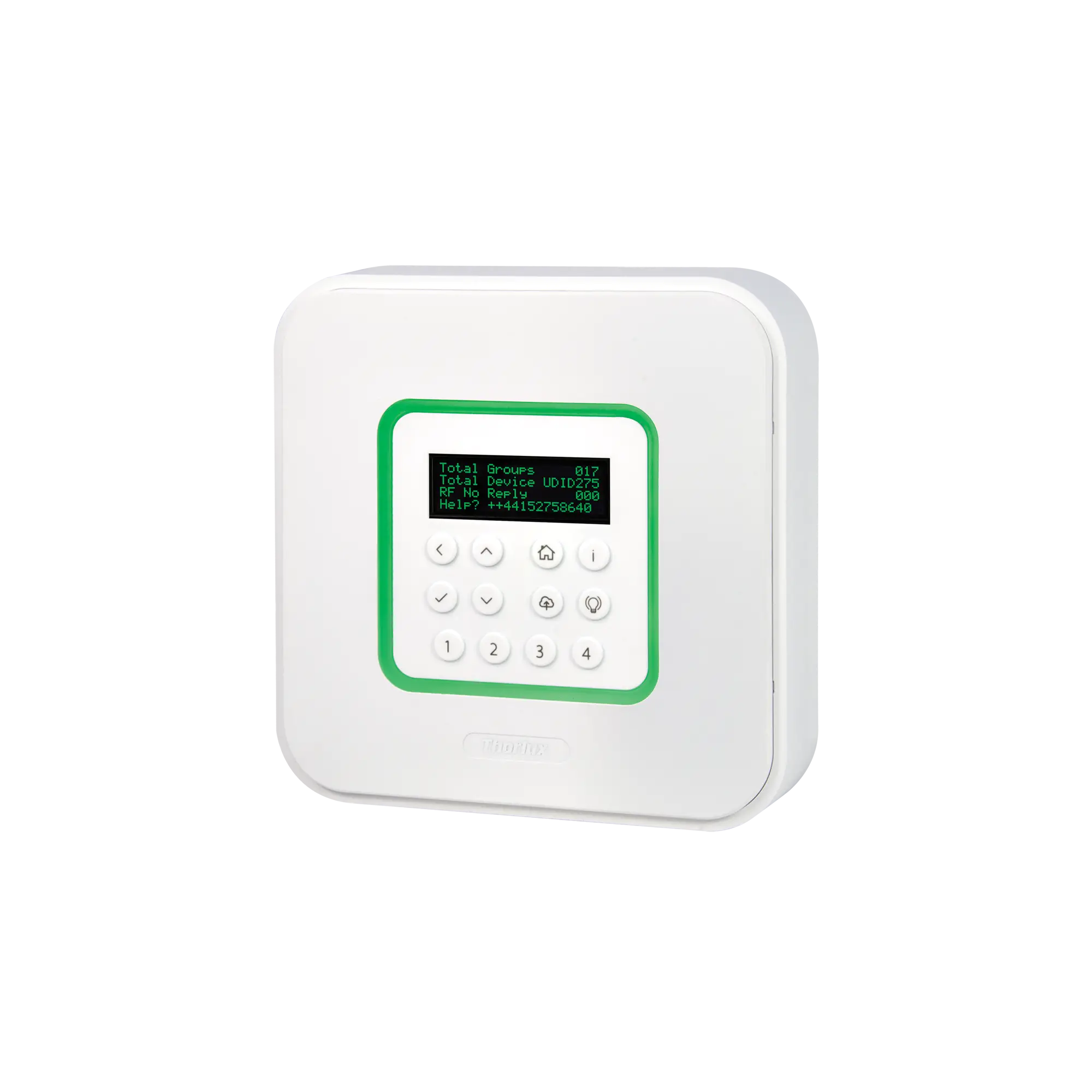
ColourActive Gateway

Lighting Cable Management

SmartScan Air Quality Sensor




SmartScan Interface


SmartScan Remote

SmartScan Scene Remote

SmartScan Stand-alone Sensor






